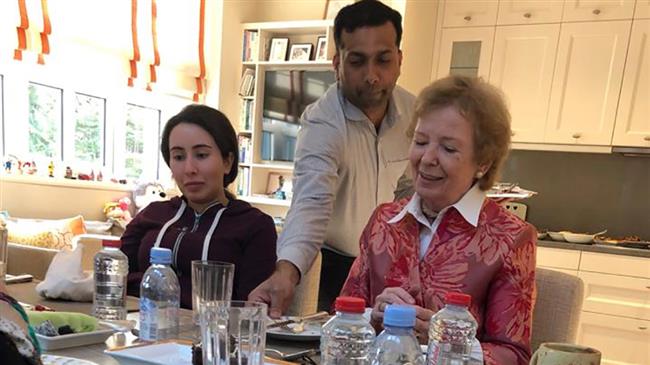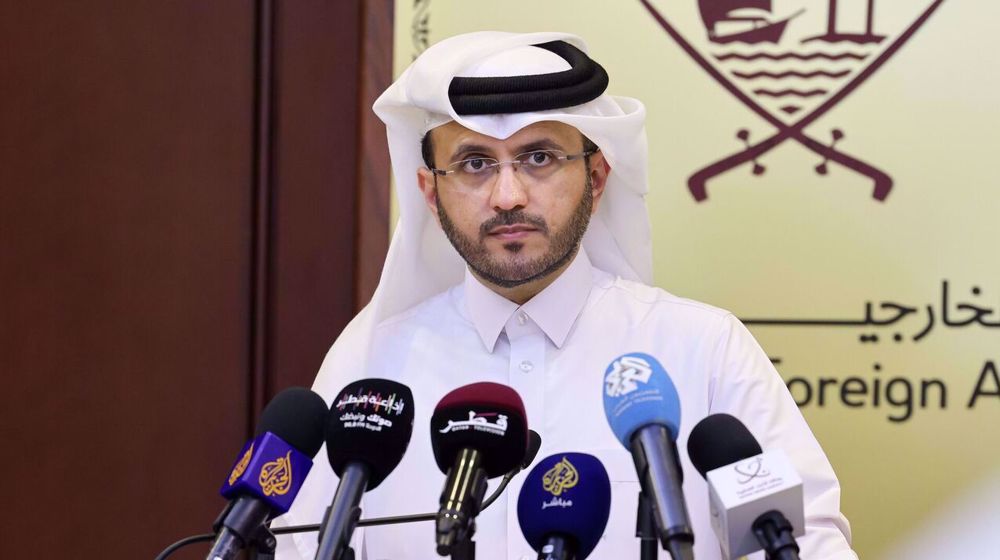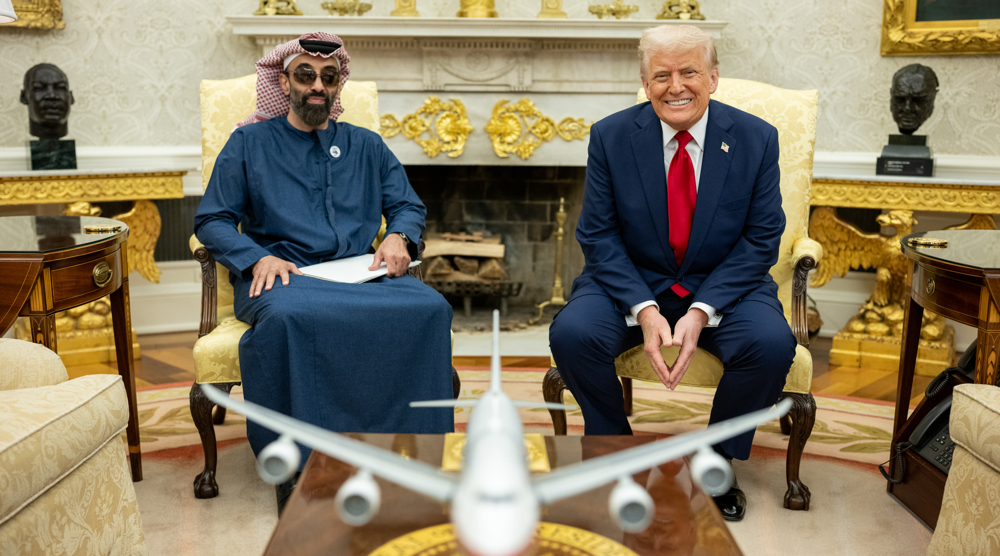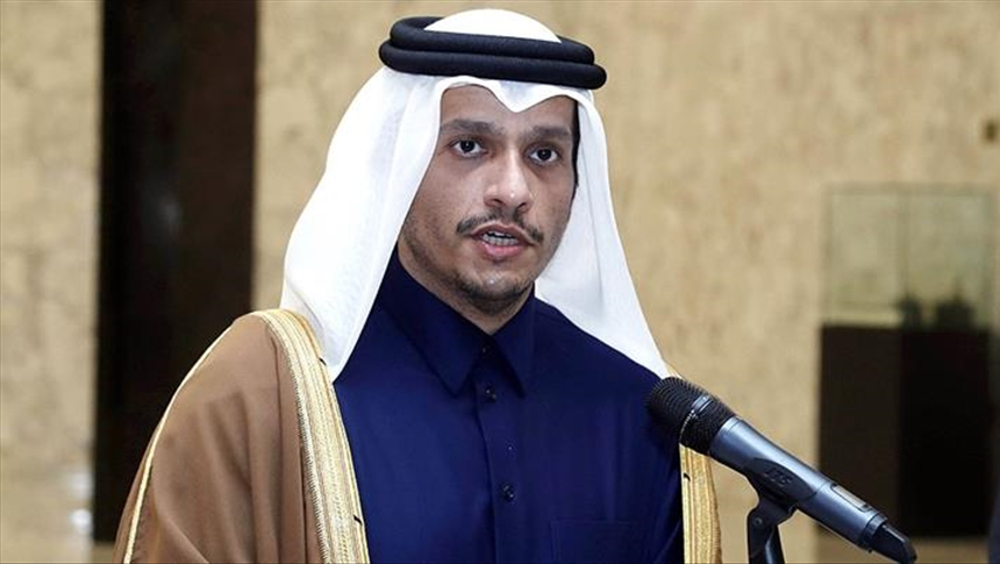Former UN rights chief slammed for comments on UAE princess
Former Irish president and UN High Commissioner for Human Rights, Mary Robinson, has landed herself in a controversy over accusations that she acted as a “pawn” of the United Arab Emirates by posing for pictures with a princess who was forcibly returned home after fleeing the Persian Gulf state.
In a statement issued on Friday, Robinson defended her encounter with Sheikha Latifa, the daughter of Dubai’s ruler Sheikh Mohammed bin Rashid Al Maktoum, during a visit to the city just before Christmas.
“I am dismayed at some of the media comments on my visit and I would like to say I undertook the visit and made an assessment, not a judgment, based on personal witness, in good faith and to the best of my ability,” the statement said.
Robinson had earlier been criticized for describing the 33-year-old princess as "troubled" and in the "loving care of her family."
Rights campaigners accused the former Irish president of blundering and becoming a willing pawn for the UAE’s ruling family in a public relations battle.
Robinson told BBC's Radio 4 on Thursday that Latifa was a "vulnerable" young woman with a "serious medical situation" for which she was receiving psychiatric care.

Robinson, appearing in low-resolution photos dated on December 15 alongside Latifa, said the Emirati princess "now regrets" her planned escape from Dubai earlier this year.
"Latifa is vulnerable, she's troubled. She made a video that she now regrets and she planned an escape, or what was part of a plan of escape," she said. "I had lunch with her. She's a very likeable young woman but clearly troubled, clearly needs the medical care that she is receiving."
In a video published in March, the daughter of Dubai's billionaire ruler announced she was fleeing the UAE because of mistreatment and restrictions imposed by her family. She reportedly fled the Persian Gulf state by ship after being secretly jailed for more than three years and drugged in hospital for her dissidence.
"If you are watching this video, it is not such a good thing. Either I'm dead or I'm in a very, very, very bad situation," Latifa said in the video, which was posted online after her disappearance in March. "They are not going to take me back alive.”
On April 17, a source close to the Dubai government said the vessel was intercepted less than 80 kilometers off the coast of India and the runaway princess “was brought back” to the emirate.
Latifa's cause has been taken up by the Britain-based campaign group Detained in Dubai, which is working to help victims of injustice in the UAE.
Radha Stirling – the CEO of the group – said Robinson "appeared to be reciting almost verbatim from Dubai's script," and that she had failed to question the raid of Latifa's boat in international waters amid her escape attempt.
"Sheikha Latifa phoned me on the night of her abduction, pleading for my help," Stirling said. "Given what she has conveyed to me, this meeting in no way satisfies me that she is free from the abuse that she told me she had suffered for years."
#MaryRobinson remarks conspicuously conform to the official narrative of the government, and fail to address the most crucial issues in the Latifa case, her allegations of torture, abuse, ongoing detention, forced medication & her abduction from US flagged yacht at sea.
— Radha Stirling - CEO @detainedindubai (@RadhaStirling) December 28, 2018
Executive Director of Human Rights Watch, Kenneth Roth, said he had spoken to Robinson about the case and questioned her comments on Twitter.
"Mary Robinson says UAE Princess Latifa is 'troubled,' suggesting a pre-existing condition though I'd be troubled too if I tried to escape a gilded prison and was kidnapped back," Roth said.
"I'm not sure that Mary Robinson, during such a short visit, would be capable of discerning the difference,” he added.
Lawyers working on Latifa's case have also expressed pessimism about Robinson's comments about the Emirati princess' health.
Saudi Arabia condemns Israel’s seizure of West Bank land, warns of regional instability
Israeli producer of anti-Iran propaganda series ‘Tehran’ dies in Greece
Diplomacy and deterrence: Iran focused on reaching nuclear deal – without compromise
British Museum faces backlash for eliminating references to ‘Palestine' from displays
Global outage hits X users: Thousands report access issues
US warship seizes second Venezuelan oil tanker in Indian Ocean
VIDEO | IRGC Navy holds 'Smart Control of Strait of Hormuz' military drills
Explainer: Jaam-e Jam 1 – Iran’s giant leap into geostationary orbit and a new broadcasting era











 This makes it easy to access the Press TV website
This makes it easy to access the Press TV website